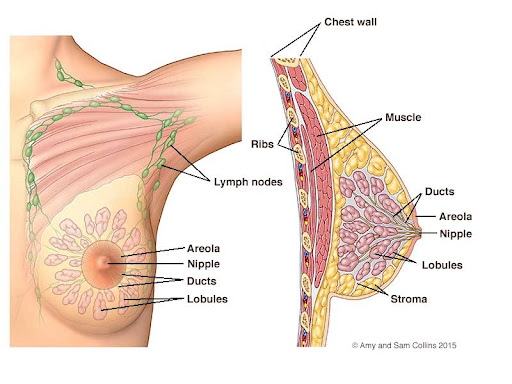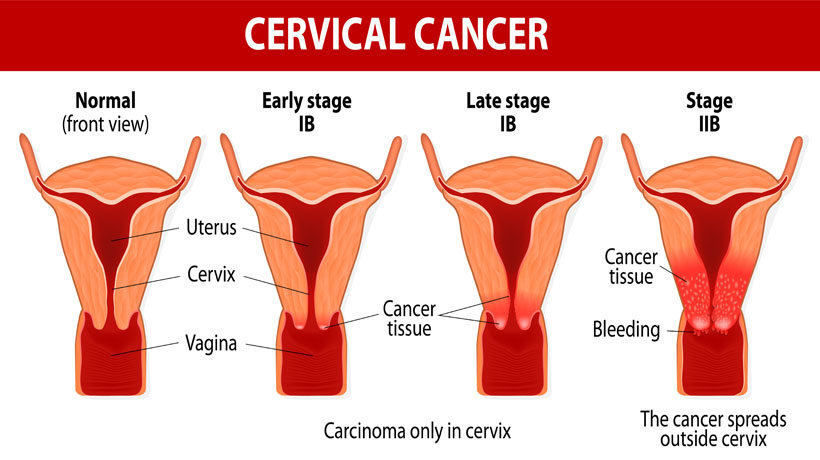
BREAST CANCER AWARENESS
Breast Cancer is the most common form of cancer in women, other than skin cancers. Even though it is discussed freely on television, in magazines, and in newspapers, many women do not know the facts about breast cancer. Why should you know the facts about breast cancer? Because it can save your life The key to surviving breast cancer is early detection and treatment. The early detection of breast cancer increases your chance of surviving and increases treatment options
- THE DISEASE
- RISK FACTOR
- PREVENTION
Breast Cancer is the second leading cause of cancer deaths in women in Sub-Saharan Africa and is globally the most common cancer among women, excluding non-melanoma skin cancers
Although some women are at greater risk of developing breast cancer than others, it is important to know that every woman is at risk. Between 70-80% of women with breast cancer have no family history of the disease. However, knowing the risk factors will help you and your healthcare practitioner evaluate whether you can do anything to reduce your risk
It is not known whether dietary changes can help to prevent the disease. Researchers are studying a number of possible contributing preventing factors, including the role of hormonal therapies. These studies may provide more information about the possibility of preventing breast cancer
